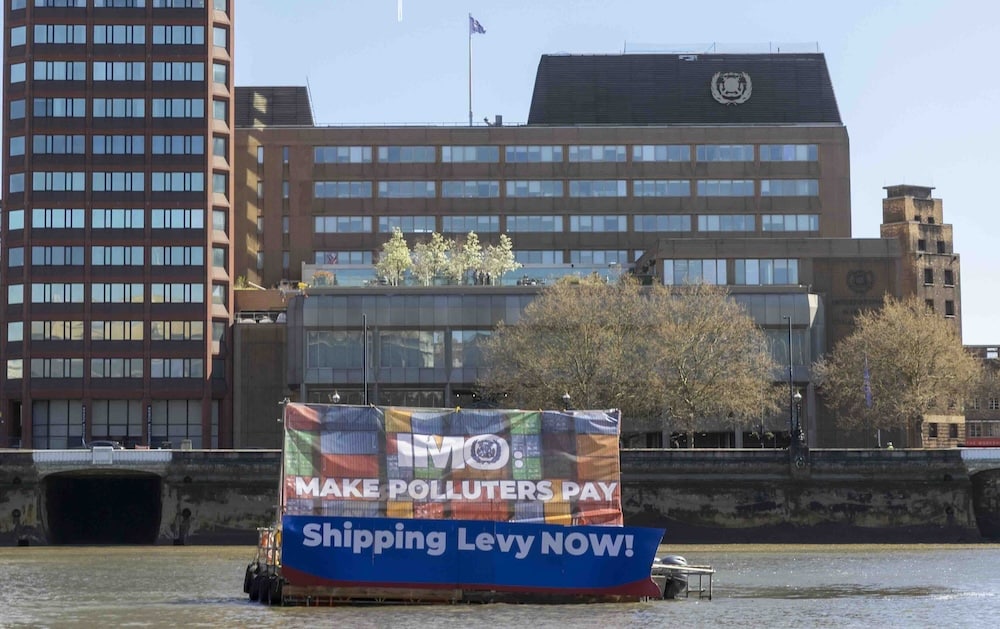Shipping Decarbonization Delayed Amid Global Indifference

The International Maritime Organization (IMO) has postponed its vote on the Net Zero Framework (NZF) for shipping decarbonization by one year, raising concerns about the effectiveness of current strategies. This delay comes amidst allegations of coercion against countries supporting the framework, highlighting a troubling trend of global inaction on climate issues. Experts warn that without viable technologies and fuels, the proposed NZF may merely serve as a tax on the shipping industry.
Challenges in Achieving Decarbonization
The postponement of the NZF vote has sparked frustration among stakeholders who believe that the shipping industry is at a critical juncture. The IMO’s decision reflects a broader issue: the lack of scalable technologies and zero-carbon fuels necessary for effective decarbonization. Current alternatives, such as ammonia and methanol, pose significant safety risks and operational challenges. For instance, methanol requires more frequent injector replacements compared to traditional fuels, leading to increased costs and inefficiencies.
A recent report from Lloyd’s Register underscores the complexities involved in transitioning to nuclear energy as a potential solution. While theoretically viable, nuclear power faces numerous obstacles, including public acceptance and the need for a comprehensive legal framework. These hurdles make it unlikely that nuclear energy can be deployed in time to meet the NZF targets, further complicating the path to decarbonization.
The scale of the challenge is immense, with approximately 100,000 ships transporting 12 billion tons of cargo annually. Experts argue that a hasty approach, driven by political pressure from the European Union, is unlikely to yield effective results. Instead, a more thoughtful and comprehensive strategy is needed to address the intricacies of shipping decarbonization.
EU Sanctions and Global Disengagement
In a parallel development, the European Union has enacted a series of sanctions against Russia, totaling 19 packages since February 2022. Despite this ongoing effort, there are concerns about the effectiveness of these measures, as the conflict between Russia and Ukraine continues without resolution. The frequency of sanctions—approximately one every two months—has not yielded the desired impact, raising questions about the EU’s strategy.
Familiar pushback campaign against IMO legislation enters high gear
The disconnect between the EU and the United States is becoming increasingly apparent. While the U.S. explores potential infrastructure projects, such as a tunnel between Siberia and Alaska, the EU is preparing for a prolonged conflict with Russia. This divergence highlights a growing rift in international relations, with the EU appearing to take a more aggressive stance.
The connection between the stalled NZF and the ineffective sanctions against Russia illustrates a broader issue: a diminishing global interest in EU-led initiatives. As the world grapples with pressing challenges, the EU’s influence seems to wane. In light of this, some experts suggest a more straightforward approach to shipping decarbonization, such as implementing a CO2 tax at the point of bunkering. This tax could fund research into new technologies aimed at reducing emissions, providing a more pragmatic solution to the urgent need for action.
